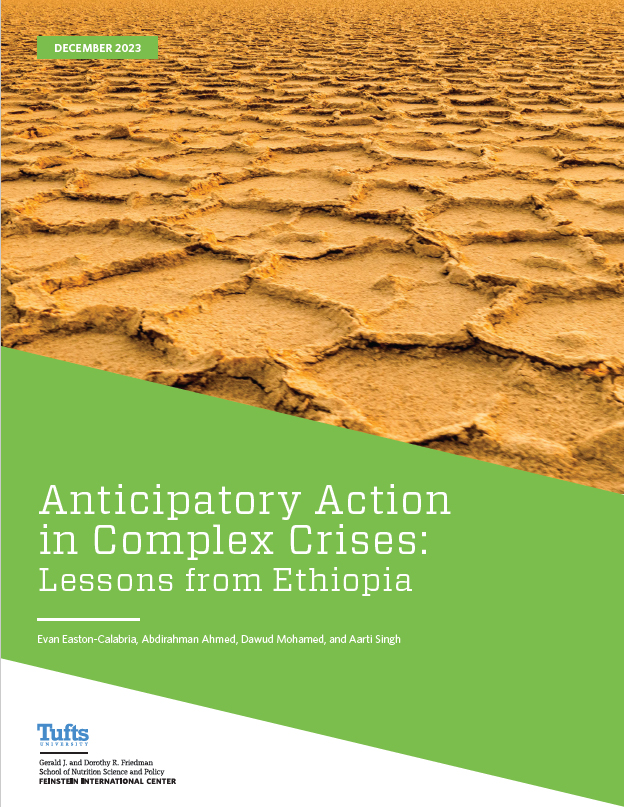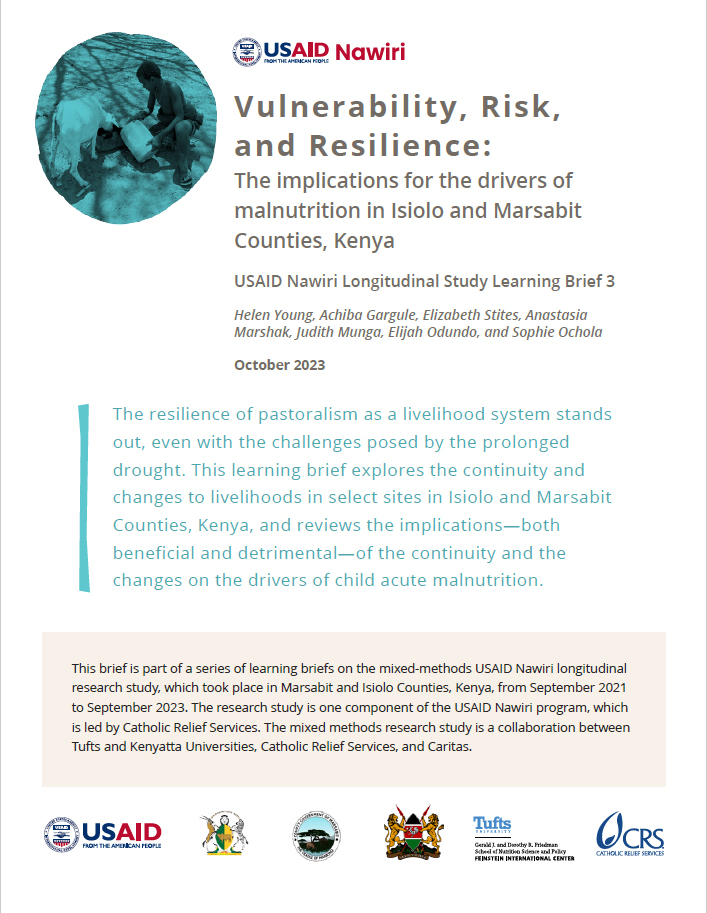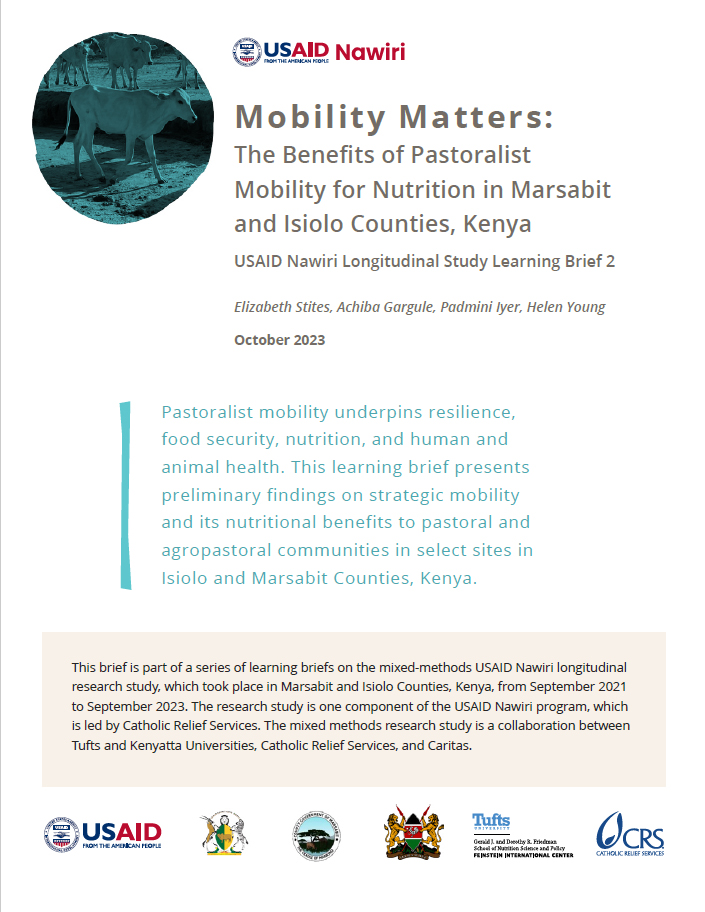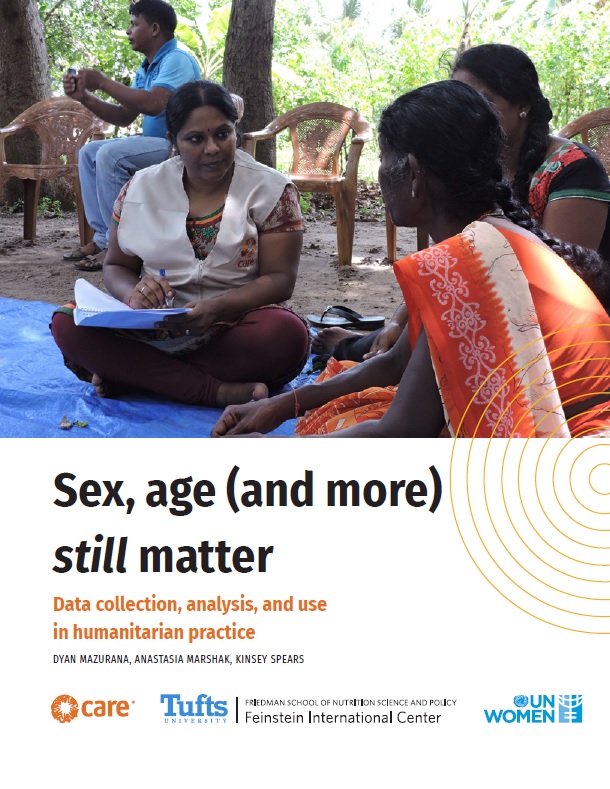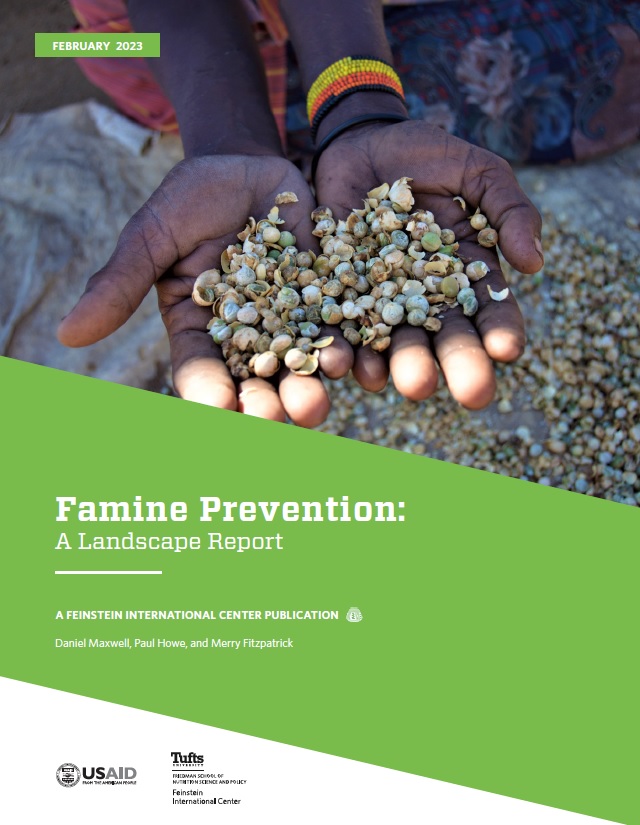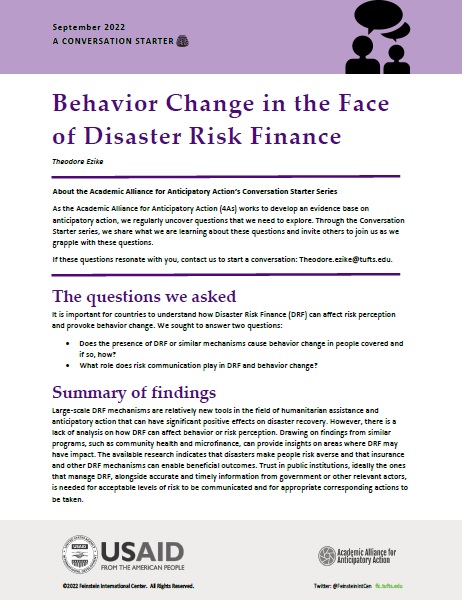Resilience is the ability of an individual, a household, a community or an institution to withstand a shock or setback of some type and recover, or “bounce back,” after a setback. As such, it implies the ability to cope with adversity by adapting, learning and innovating. Resilience has become an important operational concept in chronically vulnerable or food insecure areas of the world. Humanitarian assistance or safety net programs may be able to prevent mortality or reduce malnutrition in the face of shocks or crises, but households, their communities and their institutions may still not fully recover from the effects of the shock. In a recent policy review, the UK Department for International Development (DFID 2011) defines resilience as “the ability of countries, communities and households to manage change, by maintaining or transforming living standards in the face of shocks or stresses—such as earthquakes, drought or violent conflict—without compromising their long-term prospects.”
Resilience and Livelihoods Change in Tigray, Ethiopia
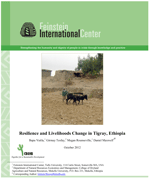
ASSOCIATED PROJECT
SUBJECTS
PUBLICATION TYPE
LOCATION

RELATED PUBLICATIONS
This study examines how anticipatory action was perceived and experienced among Ethiopians living with drought alongside other crises.
•
This learning brief explores the continuity and changes to livelihoods in select sites in Isiolo and Marsabit Counties, Kenya, and reviews the implications of the continuity and the changes on the drivers of child acute malnutrition.
•
This learning brief presents preliminary findings on strategic mobility and its nutritional benefits to pastoral and agropastoral communities in select sites in Isiolo and Marsabit Counties, Kenya.
•
Disaster Risk Finance (DRF) mechanisms are relatively new in anticipatory action. This paper explores how DRF can affect individual behavior or risk perception.
•

